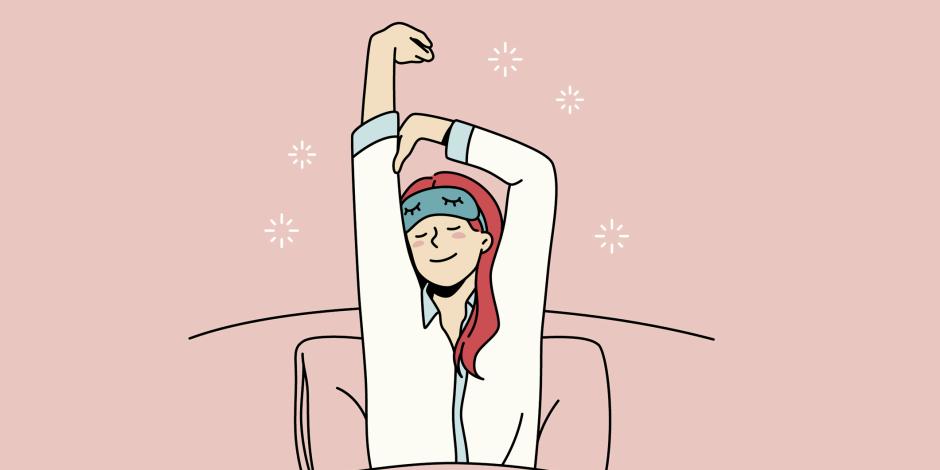Starten Sie den Audio-Text
Mit dem Audio-Player können Sie sich den Text anhören. Darunter finden Sie das Transkript.
The listening exercises in Business Spotlight Plus (p. 5) are based on the article “Is sleep working?” (Names & News, p. 9). Here, we provide you with the audio file and transcript.
Click here to open the transcript
Is sleep working?
Every year, the US economy suffers more than $44 billionMilliarde(n)billion (€42.5 billion) in productivity losses because of a lack of sleep. Awareness of the importance of sleep has risen since Covid-19 forced many people to work from home (often from bedrooms). At first, time saved by not travelling to work provided a chance to get more sleep. As the pandemic went on, however, new problems appeared. “We lost our important biological cueHinweis; hier: Taktgebercues, such as light exposureLichtexpositionlight exposure in the daytime, meal times, social rhythms and exercisehier: Sportexercise times,” Abhinav Singh, medical director of the Indiana Sleep Center, explained to the Financial Times.
Businesses are beginning to see advantages to allowing employees to work when they’re most productive. It has become clear that fixed, nine-to-five-style work times do not suit many workers. Studies show that only about ten per cent of people are “larkLerchelarks”, who naturally wake up early. Around 30 per cent are “owlEuleowls”, awake until late at night — with the rest of us somewhere in-between. Most urgently, experts want us to forget the myth that managing on very little sleep is a sign of success.


